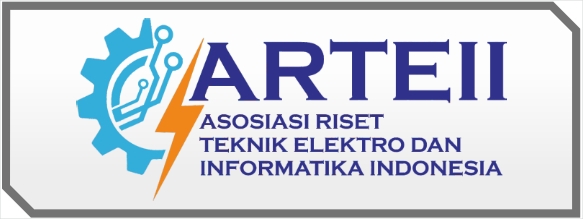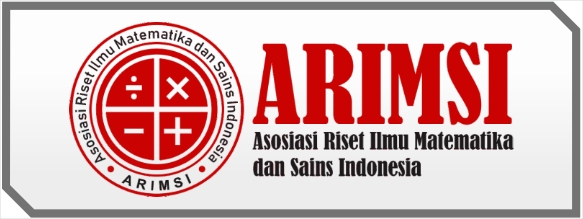Pengaruh Audit Investigasi Terhadap Pengungkapan Fraud di Indonesia
DOI:
https://doi.org/10.59581/jap-widyakarya.v2i1.2586Keywords:
Fraud, investigative audit, fraud disclosure, IndonesiaAbstract
Fraud refers to deception committed by individuals or groups to gain undue advantage. Fraud can occur in various fields, including business, government, and even society. Fraud can cause huge losses to the business world, government, and society. One of the efforts to prevent and detect fraud is to conduct an investigative audit. An investigative audit is the process of collecting and analyzing evidence to determine whether fraud has occurred. Investigative audits can be conducted by internal auditors, external auditors, or law enforcement agencies. This study aims to analyze the impact of investigative audits on fraud disclosure in Indonesia. This study uses secondary data obtained from various sources including research reports, journal articles and news. The findings show that investigative audits play an important role in uncovering fraud in Indonesia. Investigative audits can provide strong evidence to support findings of fraud. This evidence can be used to take legal action against the fraudster. Here are some factors that influence the effectiveness of investigative audits in uncovering fraud:
- Investigate auditor skills and experience
- Availability of resources
- Related Party Cooperation
Therefore, it is necessary to improve the quality of investigative audits so that fraud can be prevented and detected more effectively. This can be achieved by improving the skills and experience of investigative auditors, providing adequate resources and establishing good cooperation with interested parties. The following are some recommendations to improve the effectiveness of investigative audits in Indonesia in uncovering fraud:
- Improve education and training standards for investigative auditors
- Provide adequate resources for investigative audits
- Establish good cooperation between investigative auditors, company management, employees and regulatory authorities.
References
Arens, A. A., & Loebecke, J. K. (2007). Auditing and Assurance
Cressey, D. R. (1953). Other People’s Money: A Study in the Social Psychology of Embezzlement. Free Press.
Institute of Certified Fraud Examiners (ACFE). (2023). Report to the Nations on Occupational Fraud and Abuse. ACFE.
Mulyadi. (2010). Auditing: Petunjuk Praktis Pemeriksaan Akuntan oleh Akuntan Publik. Salemba Empat.
Sawyer, L. A. (2003). Auditing: Principles and Procedures. Prentice Hall.
Standar Profesional Akuntan Publik (SPAP). (2006). Standar Auditing. Ikatan Akuntan Indonesia.
Komisi Pemberantasan Korupsi (KPK). (2018). Laporan Kinerja KPK Tahun 2018. KPK.
















